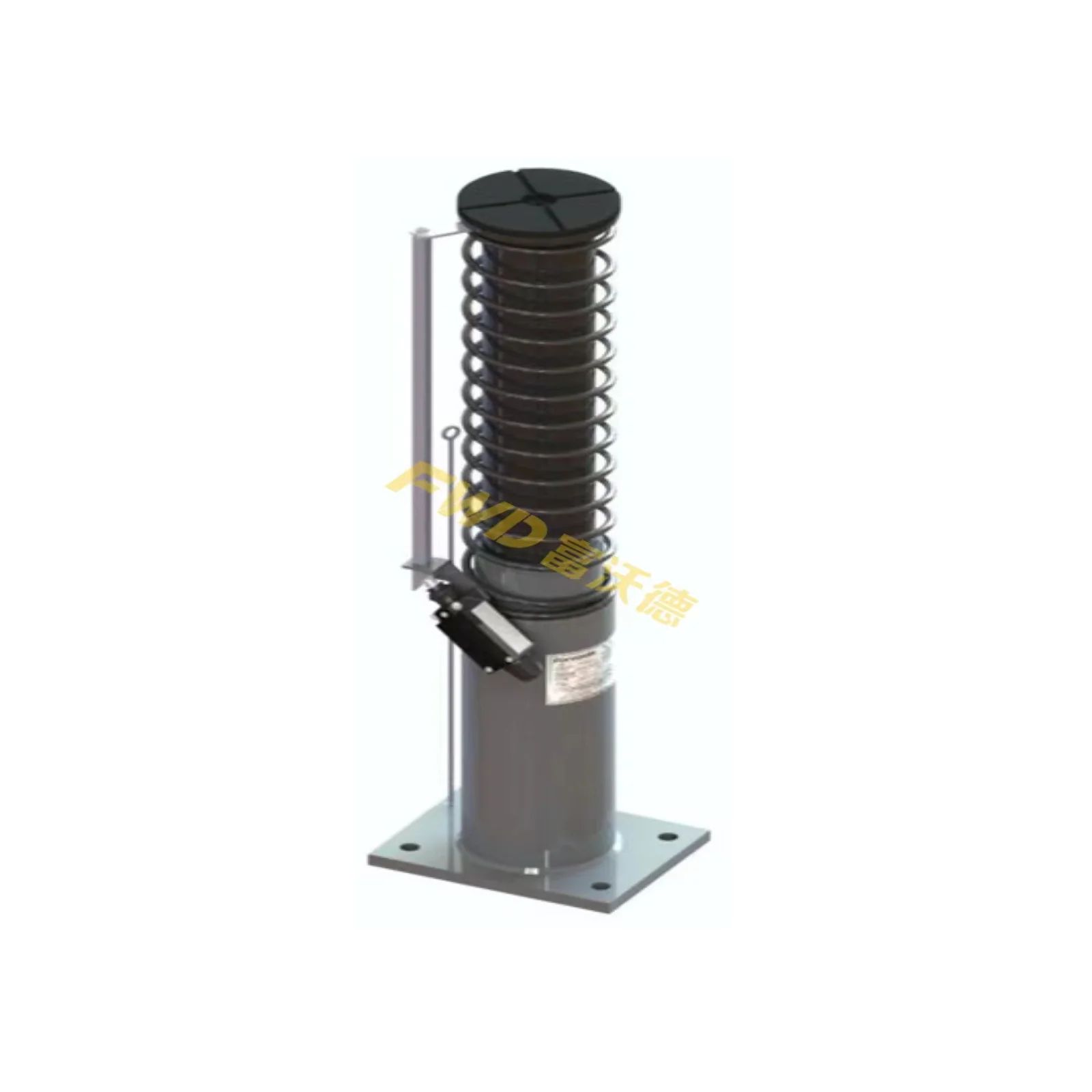When it comes to home wiring, safety and compliance with electrical codes are paramount. One common question that arises among DIY enthusiasts and homeowners is: Why is soldering not allowed for home wiring? While soldering is a widely accepted technique in various electronic applications, its use in residential electrical systems poses significant risks. This article delves into the reasons behind the prohibition of soldering in home wiring, highlighting safety concerns, regulatory standards, and best practices for electrical connections.
Understanding the Basics of Soldering
Soldering is a process that involves melting a filler metal (solder) to join two or more electrical components. It creates a strong bond that is often used in electronics for circuit boards and other low-voltage applications. However, the nature of home wiring is fundamentally different from these applications, and the implications of using solder in this context can be severe.
- Safety Concerns: The Risk of Overheating and Fire
One of the primary reasons soldering is discouraged in home wiring is the risk of overheating. Electrical connections in residential systems must withstand various environmental factors, including temperature fluctuations and mechanical stress. Soldered joints can become brittle over time, especially when exposed to heat generated by electrical currents. This brittleness can lead to cracks and eventual failure of the connection, resulting in arcing or short circuits—both of which pose serious fire hazards.
Moreover, soldering does not provide the same mechanical strength as other connection methods, such as wire nuts or crimp connectors. In high-vibration environments, soldered joints can loosen, leading to intermittent connections that can cause electrical failures or fires.
- Regulatory Standards: Compliance with Electrical Codes
Electrical codes, such as the National Electrical Code (NEC) in the United States, set forth strict guidelines for residential wiring practices. These codes are designed to ensure safety and reliability in electrical installations. According to the NEC, all electrical connections must be made using approved methods, which typically exclude soldering.
The rationale behind this regulation is to ensure that connections can withstand the rigors of everyday use and environmental conditions. Approved methods, such as twist-on wire connectors or terminal blocks, provide a secure and reliable means of joining wires that soldering simply cannot match. Failure to comply with these regulations can result in not only safety hazards but also legal repercussions and increased insurance liabilities.
- The Importance of Mechanical Connections
Mechanical connections, such as those made with wire nuts or crimp connectors, offer several advantages over soldered joints. These connections provide a more robust and reliable bond that can withstand thermal expansion and contraction, as well as mechanical stress. Additionally, they allow for easier disassembly and repair, which is crucial in the event of a wiring fault.
Furthermore, mechanical connections are less susceptible to corrosion, which can be a significant issue in electrical systems. Corrosion can lead to increased resistance at the connection point, generating heat and potentially causing failure. By using mechanical connections, homeowners can mitigate these risks and ensure a safer electrical system.
- Best Practices for Home Wiring
To ensure the safety and reliability of home wiring, homeowners should adhere to the following best practices:
- Use Approved Connection Methods: Always use wire nuts, crimp connectors, or terminal blocks for joining wires. These methods are designed to provide secure and reliable connections that meet electrical code requirements.
- Follow Electrical Codes: Familiarize yourself with local electrical codes and regulations. Compliance is not only a legal requirement but also a critical aspect of ensuring safety in your home.
- Consult a Professional: If you are unsure about any aspect of home wiring, it is always best to consult a licensed electrician. They have the expertise to ensure that your electrical system is safe, compliant, and reliable.
- Regular Inspections: Periodically inspect your home’s electrical system for signs of wear, corrosion, or damage. Early detection of issues can prevent more significant problems down the line.
Conclusion
While soldering may be a useful technique in certain applications, it is not suitable for home wiring due to safety concerns, regulatory standards, and the need for reliable mechanical connections. By adhering to best practices and utilizing approved methods for electrical connections, homeowners can ensure the safety and longevity of their electrical systems. Remember, when it comes to electricity, safety should always be the top priority.

Average Rating